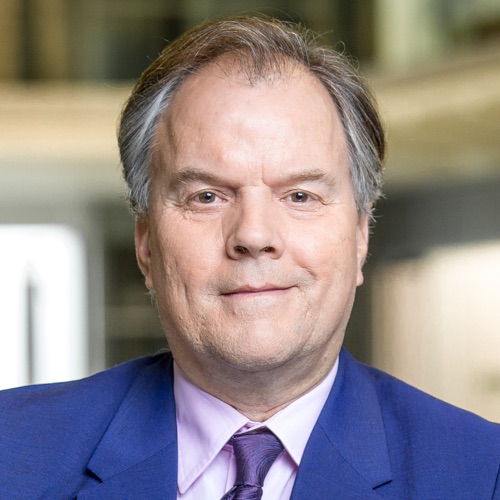 11m
11mPresident’s actions ‘huge overreaction’, says Koreas expert
 Matt Frei
Europe Editor and Presenter
Matt Frei
Europe Editor and Presenter
We spoke to John Nilsson-Wright, who is head of the Japan and Koreas programme at the Centre for Geopolitics at Cambridge University.
Matt Frei: Is it all over as far as you can tell?
John Nilsson-Wright: It’s too early to say, I’d say. I mean, it’s reassuring to have seen the National Assembly vote so decisively to overturn the President’s order. But we’ve had no clarification about the role of the military and the president himself has been silent. The reassuring news is, of course, that the media continues to function. South Koreans are able to follow this story. But it is unquestionably a moment of, I think, acute tension. It should be noted the leader of the president’s party, the PPP, himself, came out and said very decisively, this is unconstitutional. And there are demands for the president to resign or to be impeached and ultimately to be prosecuted.
Matt Frei: I mean, you know the place well. Did this come out of the blue?
John Nilsson-Wright: South Korean politics has always been very, very fractious and it’s got more fractious in recent years. And I think that’s the clue to understanding why President Yoon has acted. I mean, he claimed that this was an attempt to deal with the threat from North Korea and its alignment with these progressive politicians. But the evidence for that is pretty much non-existent. President Yoon was facing pressure from a National Assembly that was wielding its legitimate democratic muscle to call for the impeachment of prosecutors who had been asked to investigate allegations of corruption, insider trading, surrounding the president’s wife, the First Lady. They decided not to proceed. And that was, I think, the spark, if you like, for the opposition politicians to demand that those prosecutors be impeached. Delays in budget approval, all of which had left the President feeling, I think, politically uninfluential and therefore cornered. And he’s responded with this huge overreaction. History, I think, will judge him very harshly. But for now, we are in this stand-off. And tomorrow, I expect we will see more protests by the public. South Koreans vote with their feet. And you remember back in 2016, the so-called candlelit protests against then President Park Geun-hye. South Koreans take their democratic rights very, very seriously.
Matt Frei: Talking of that, the last time martial law was imposed was, I gather, more than half a century ago. Since then, South Korea has had this incredible transition to democracy, but also to amazing prosperity. It’s the 10th richest country in the world, apparently. Of course, it has its soft power. The film Parasite, all that incredible K-Pop music. But so why has he done something that belongs to the dustbin of history? Why go so far?
John Nilsson-Wright: Well, I think, you know, President Yoon is not a conventional politician by any means, as this action so clearly demonstrates. His career was in the law, ironically, he was a special prosecutor appointed by the previous president, Moon Jae-in to, if you like, clear up political corruption. The irony is therefore, that he’s now been charged with the very same type of offences that he was responsible for investigating before. Special prosecutors, however, have often been seen as something of a law unto themselves. And that reflects, if you like, what I would describe as Yoon’s almost authoritarian temperament, which is inclined him to take this, I think, hugely mistaken step in calling for martial law. In all of this, of course, other countries look on with, I think, a sense of anxiety. And it remains to be seen how he is going to dig himself out of this impossible position.
Matt Frei: Indeed. And what the implications are for the rest of the region.